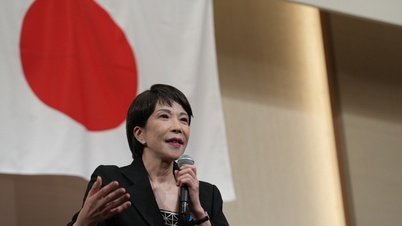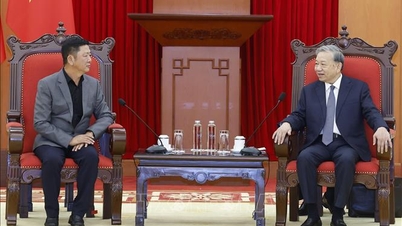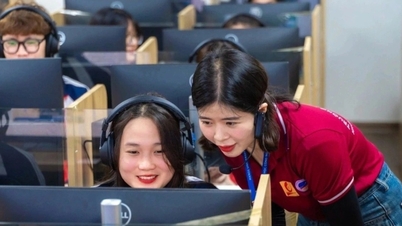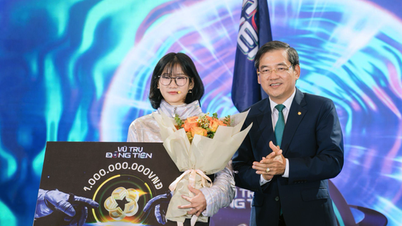The QS World University Rankings, published by the British education organization Quacquarelli Symonds (QS) since 2004, have long been considered the “gold standard” for comparing the quality of global universities. In China, many businesses and local governments even use this ranking as a basis for recruitment or granting residency.
However, according to the South China Morning Post , the QS Asia University Rankings 2026, which was just announced, has surprised the Chinese online community. Both the results and the scoring method have caused fierce controversy, with many commentators calling the list “absurd”, “irrational” or “unbelievable”.
Many irregularities in the rankings
Topping the Asian list is the University of Hong Kong (HKU, China), followed by Peking University (PKU, China) and Nanyang Technological University (NTU, Singapore). Rounding out the top 10 are the Hong Kong University of Science and Technology (6), City University of Hong Kong and the Chinese University of Hong Kong (tied at 7), and the Hong Kong Polytechnic University (10).

One major point of contention is that Fudan University ranked 5th – ahead of Tsinghua University, which regularly tops major academic rankings around the world.
Many people commented that this ranking "does not reflect the true strength" of Thanh Hoa.
The rankings are even more shocking with results outside of China.
The University of Tokyo - Japan's top prestigious school, which has trained dozens of Nobel-winning scientists - ranked only 26th in the QS 2026 Asian university rankings.
Meanwhile, three lesser-known Malaysian universities – Universiti Malaya, Universiti Putra Malaysia and Universiti Kebangsaan Malaysia – ranked higher, at 15th, 22nd and 24th places respectively.
This makes many people skeptical, because in the global QS rankings, the University of Tokyo is ranked 36th, while Malaysian schools are in very low positions.
One netizen wrote: “How is Universiti Malaya above Tokyo? What kind of logic is that?”
Another person sarcastically said: “It’s a shame to blame the interns for making this ranking. It looks like the product of an AI with data delusions.”
QS has not yet responded when contacted by the press.
Why are the rankings "out of sync"?
According to information on the QS website, the global rankings focus on research assessment, in which the number of scientific citations/lecturers accounts for 20%.
However, in the Asian rankings, the internationalization factor accounts for 25%, including the ratio of international lecturers and students, exchange programs, etc.

This benefits highly internationalized schools, especially in English-speaking countries, while major research universities such as Tsinghua or Tokyo see their scores drop.
For a long time, many education experts have also questioned QS's methods, especially its heavy reliance on reputation surveys - which account for up to 50% of the score.
One social media user commented: “How can a ranking be objective if it is 50% based on subjective assessment and 25% based on internationalization? Just change the weights and the rankings will fluctuate dramatically.”
This person believes that if schools want to "climb the rankings", they just need to follow a set of criteria instead of making real investments.
“Rankings are a double-edged sword: They can help position academic quality, but when they become a commercial product, they are inevitably exaggerated,” one person commented.
Source: https://vietnamnet.vn/bang-xep-hang-dai-hoc-danh-gia-bi-che-gieu-vi-loat-ket-qua-gay-ngo-ngang-2463092.html





![[Photo] Prime Minister Pham Minh Chinh meets with representatives of outstanding teachers](https://vphoto.vietnam.vn/thumb/1200x675/vietnam/resource/IMAGE/2025/11/15/1763215934276_dsc-0578-jpg.webp)
![[Photo] General Secretary To Lam receives Vice President of Luxshare-ICT Group (China)](https://vphoto.vietnam.vn/thumb/1200x675/vietnam/resource/IMAGE/2025/11/15/1763211137119_a1-bnd-7809-8939-jpg.webp)




































































































Comment (0)